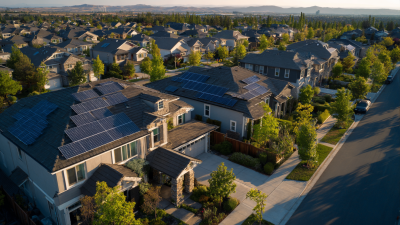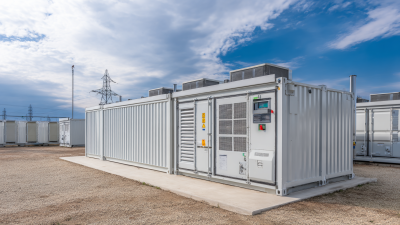As renewable energy sources gain traction globally, the importance of a Solar Backup System has become increasingly evident in the quest for sustainable power solutions. According to a report by the International Energy Agency (IEA), solar energy capacity has surged by 20% annually, underscoring the growing shift towards harnessing the sun's power. However, solar energy's intermittent nature poses challenges for consistent energy availability, particularly during inclement weather or nighttime hours. This is where a Solar Backup System plays a crucial role, providing a reliable and efficient mechanism to store excess energy generated during peak sunlight hours, ensuring a continuous power supply.
Moreover, a study conducted by the National Renewable Energy Laboratory (NREL) reveals that integrating storage solutions with solar energy systems can enhance reliability and resilience against grid failures. This is particularly pertinent in regions susceptible to natural disasters or power outages, where a Solar Backup System can offer peace of mind and energy independence. As consumers increasingly seek energy solutions that not only lower utility costs but also reduce their carbon footprint, the ability to harness, store, and utilize solar energy efficiently positions the Solar Backup System as an essential component of modern energy strategies.
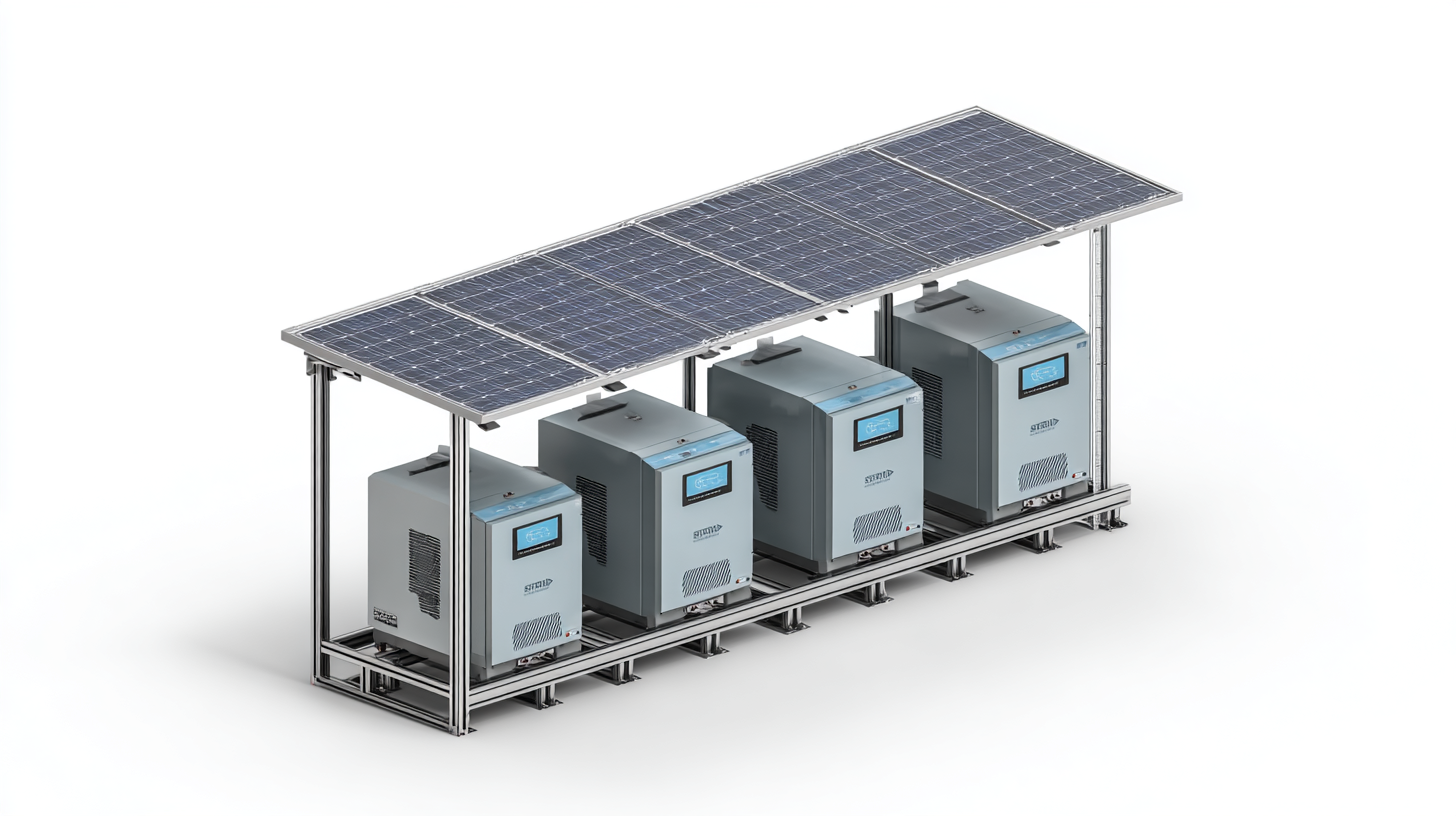
As the demand for reliable and sustainable energy sources increases, the importance of solar backup systems in modern energy landscapes cannot be understated. These systems provide essential support during power outages or peak demand periods, ensuring that homes and businesses can continue to operate without interruption. By harnessing solar energy and storing it in batteries, users can access clean energy whenever they need it, significantly reducing their reliance on fossil fuels and enhancing energy security.
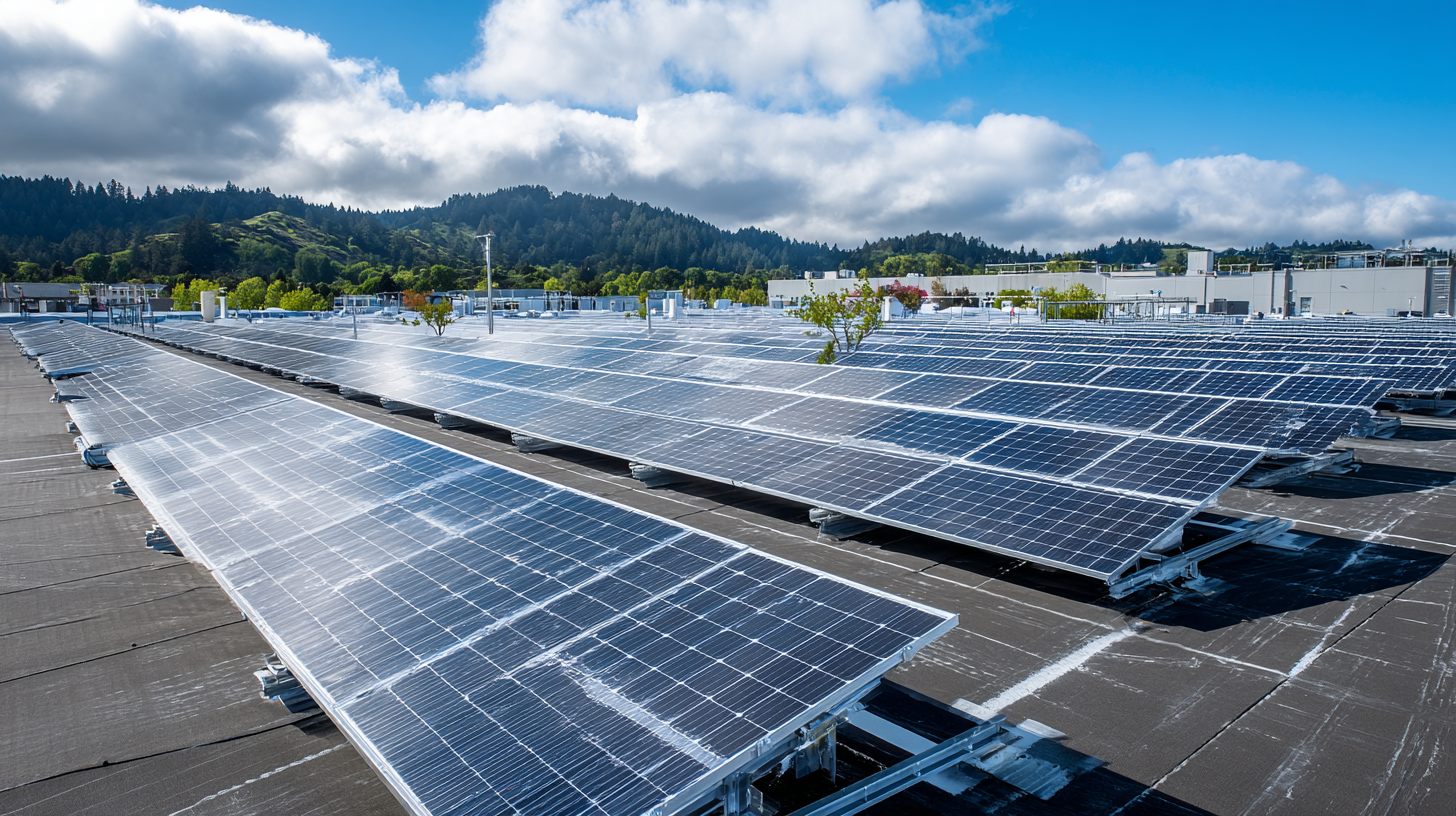
In addition to their reliability, solar backup systems contribute to environmental sustainability. They help mitigate the impact of traditional energy sources by decreasing carbon emissions and promoting the use of renewable resources. Furthermore, as grid instability and climate-related disruptions become more common, the ability to maintain power independence through solar backup systems becomes increasingly vital. This adaptability makes them an attractive option for both individual consumers and larger organizations looking to meet their energy needs responsibly and effectively.
The increasing demand for sustainable energy solutions has led to a rapid growth in the solar backup system market. As traditional backup solutions become more expensive and less efficient, solar backup systems present a compelling alternative that offers not only reliability but also significant cost savings. An analysis of the current energy management sector shows that the V2H (vehicle-to-home) power system market is expected to grow from $93.58 million in 2024 to $532.59 million by 2032, with a remarkable compound annual growth rate of 24.28%. This growth is indicative of the rising consumer shift towards portable and renewable energy sources.
When comparing solar backup systems to traditional backup solutions, cost efficiency is a key factor. Traditional systems often rely on fossil fuels, leading to rising operational costs and fluctuating prices. In contrast, solar backup systems harness the sun's energy, providing a free source of power once the initial investment is made. Industry reports highlight that homeowners can save up to 70% on energy costs with the implementation of solar backup solutions. As technology advances, the affordability and efficiency of solar systems continue to improve, making them an attractive investment for those seeking sustainable power options.
| Dimension | Solar Backup Systems | Traditional Backup Solutions |
|---|---|---|
| Initial Cost | $10,000 | $5,000 |
| Maintenance Cost (Annual) | $200 | $500 |
| Operational Life (Years) | 25 | 10 |
| Energy Independence (%) | 80% | 20% |
| Environmental Impact (CO₂ emissions reduction) | 3 tons/year | 1 ton/year |
| Return on Investment (%) | 15% | 8% |
The resilience of agricultural sectors can be significantly enhanced through the integration of hybrid solar generator models. These systems not only mitigate the challenges posed by fluctuating energy supplies but also empower farmers to achieve energy independence. By harnessing solar energy and combining it with battery storage, agricultural operations can ensure a consistent power supply for essential activities such as irrigation, crop processing, and storage, thereby improving overall productivity.
Moreover, the implementation of these hybrid systems aligns with sustainable practices by reducing reliance on fossil fuels and minimizing the carbon footprint of farming operations. This transition towards renewable energy sources is essential for fostering economic stability in rural areas where energy access can be unreliable. As smart battery storage technology continues to advance, it will play a crucial role in maximizing the efficiency and reliability of these solar backup systems, empowering farmers to not only meet their energy demands but also contribute to a more sustainable future for agriculture.
Solar backup systems play a pivotal role in reducing our carbon footprint by harnessing renewable energy. These systems capture solar energy through photovoltaic panels, converting it into usable electricity that can power homes and businesses. When integrated with energy storage solutions, such as batteries, they provide a reliable source of energy even during outages or periods of low sunlight. This capability not only enhances energy security but also minimizes reliance on fossil fuels, which are a significant contributor to greenhouse gas emissions.
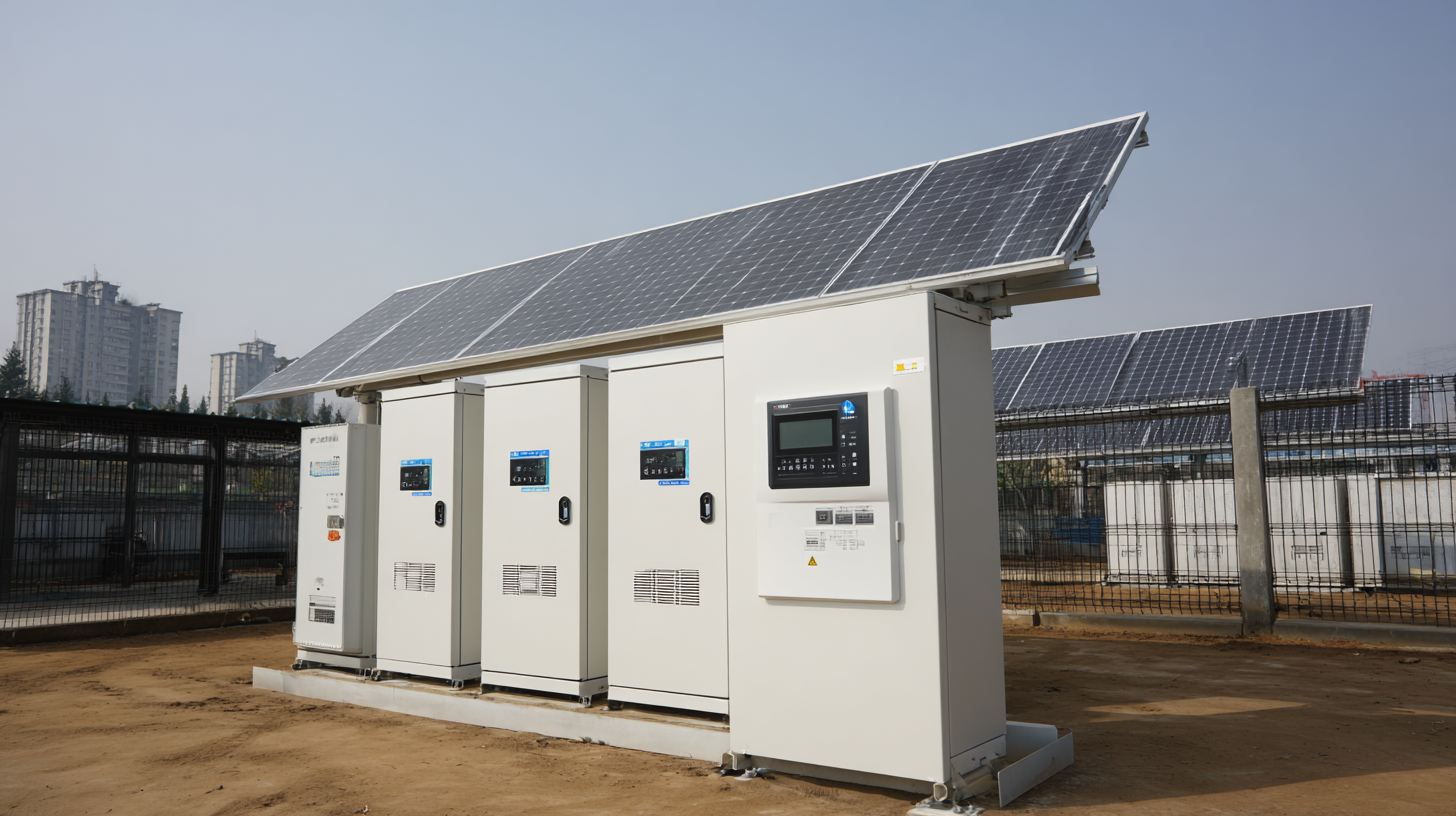
The environmental impact of solar backup systems extends beyond simply providing an alternative energy source. By reducing dependency on traditional power grids, which often rely on coal or natural gas, these systems help lower overall carbon emissions. Furthermore, as more households and businesses adopt solar backup systems, there will be a collective reduction in air pollution and a positive shift towards cleaner energy sources. This transformation is crucial for combating climate change and promoting sustainability, making solar backup systems an essential element in the quest for a greener future.
The global market for solar backup systems is experiencing remarkable growth, reflecting the increasing demand for sustainable power solutions. Key industry insights reveal that the off-grid battery energy storage market is projected to surge from $19.99 billion in 2025 to an impressive $72.56 billion by 2032. This trajectory underscores the significant shift towards renewable energy sources as nations strive to enhance energy independence and resilience.
Moreover, the residential solar energy storage market is set to expand dramatically, from USD 72.8 billion in 2025 to an estimated USD 390.6 billion by 2035. This growth can be attributed to the rising interest in solar energy adoption among homeowners, who seek to mitigate energy costs and reduce carbon footprints. As consumer awareness about environmental impact increases, investments in solar backup systems are expected to rise further.
**Tip:** Homeowners considering a solar backup system should conduct a thorough analysis of their energy needs and potential savings. Understanding available incentives and financing options can also optimize the financial benefits of making the switch to renewable energy. By leveraging reliable market research, consumers can make informed decisions about their energy future.


